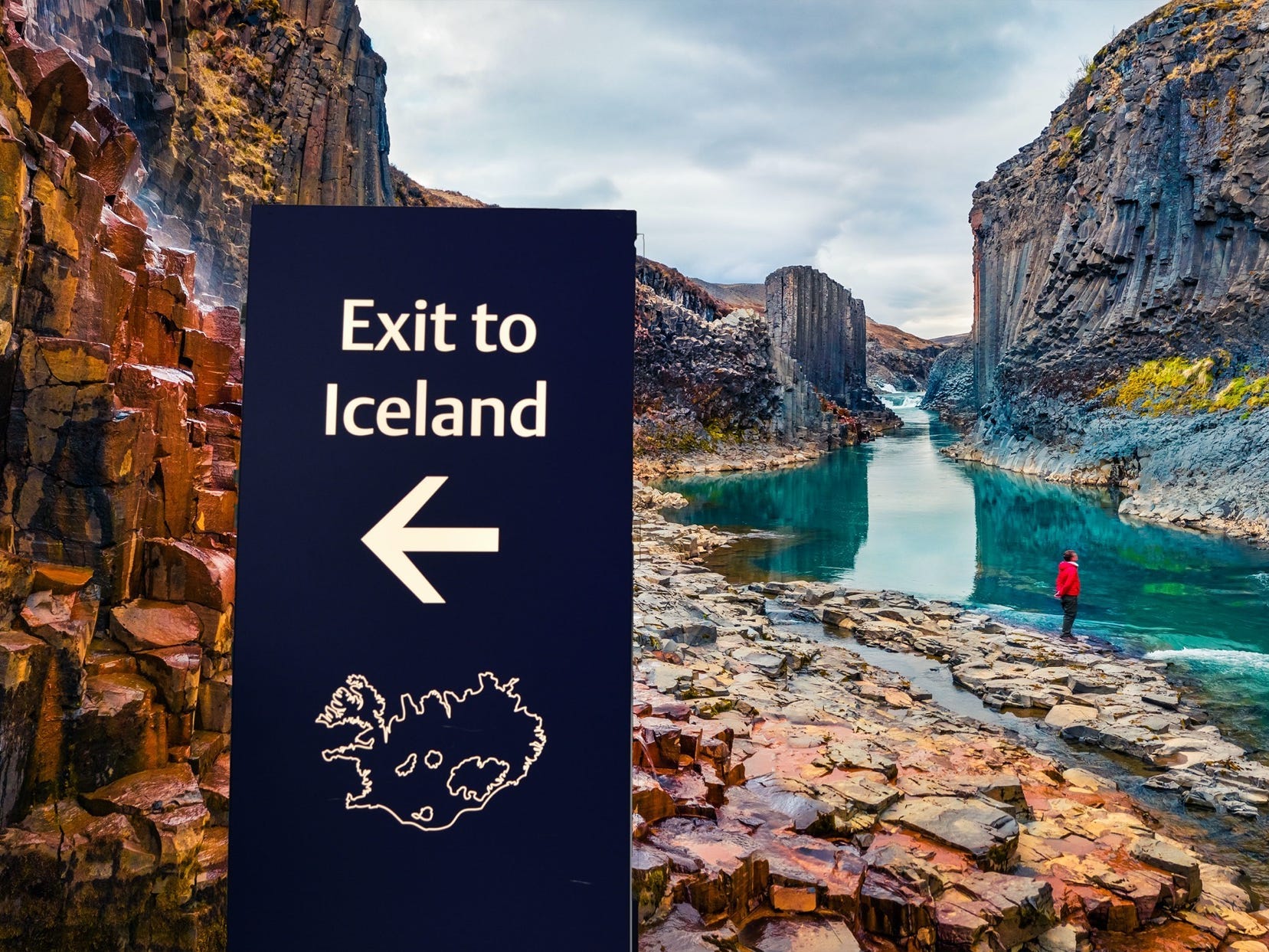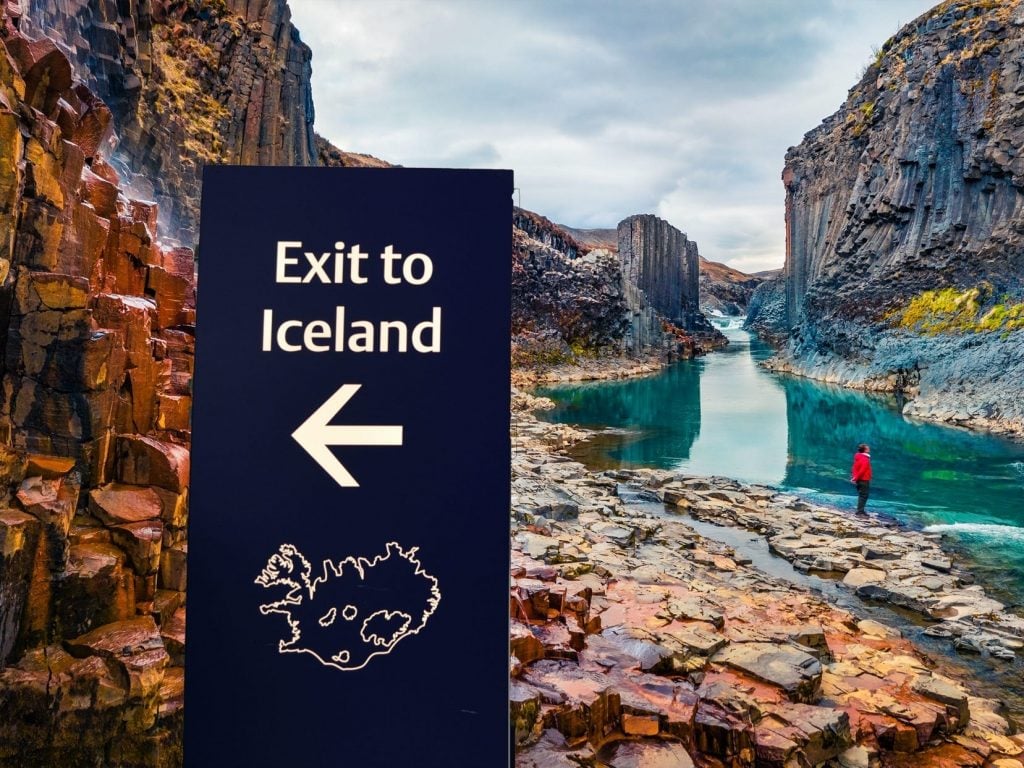
Kollawat Somsri/Shutterstock.com and Shutterstock.com
- Iceland proves that COVID-19 vaccines work, a leading US infectious disease expert said.
- Most new infections are among vaccinated people, but only a tiny number end up in hospital.
- The country has not recorded a COVID-19 death since May 25.
- See more stories on Insider's business page.
The COVID-19 situation in Iceland is proof that vaccines work, a leading US infectious disease expert has said.
Iceland reported 2,847 new infections over the past month, mostly from the highly infectious Delta variant, and most in fully vaccinated people, according to official statistics. This is the highest number of new infections in a month since the start of the pandemic, but vaccines appear to be doing their job – the vast majority of new infections are mild at worst.
Of the 1,239 Icelanders that were recorded as having COVID-19 on Sunday, just 3% were in hospital, data showed.
The country hasn't recorded a single COVID-19 death since May 25, according to government statistics and Oxford University's Our World in Data.
Carlos del Rio, distinguished professor of Medicine in the Division of Infectious Diseases at Emory University School of Medicine, said on Twitter Sunday that "Iceland proves vaccines work."
Brandon Guthrie, an epidemiologist and global health professor at the University of Washington, told the Washington Post that "having few deaths or severe cases of illness in the context of large surges should absolutely be seen as at least a partial victory."
Iceland ranks fourth in the world in vaccination rollout, having fully vaccinated 70.6% of its population. The three countries with are highest vaccine rates are Malta (80.5%), United Arab Emirates (73.7%) and Singapore (73.1%).
For comparison, 50.7% of Americans are fully vaccinated, according to the CDC. The world average is 23.6%.
Most Icelanders have received Pfizer's shot, which is about 88% effective against symptomatic COVID-19 caused by the Delta variant after two doses, according to real-world UK data.
The country has also used vaccines from Moderna, AstraZeneca, and Johnson & Johnson.
As of Monday, there were 306 Icelanders aged 18 to 29 who were currently in isolation, compared with just four people aged over 90, according to government data. More than 98.2% of those over 90 in Iceland are fully vaccinated, compared with 79.8% of 16 to 29 years olds.
Despite the country's vaccination success, Icelandic health officials are maintaining COVID-19 restrictions until at least August 27. That means a 200-person cap on gatherings, 1-meter social distancing, face masks recommended in crowded spaces, and an 11 p.m. curfew in bars and restaurants. Only seated customers can drink alcohol.
On Thursday, the country began giving extra booster doses to those who received J&J's single dose COVID-19 vaccine - and to those who are immunocompromised.
Since the beginning of the pandemic, the country has recorded 9,522 infections and 30 deaths, according to government data.

